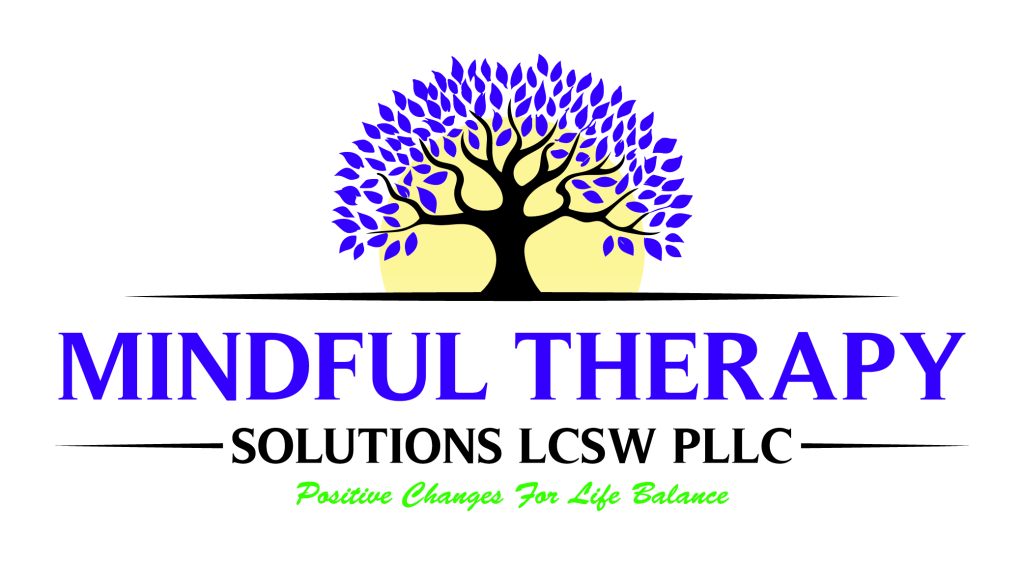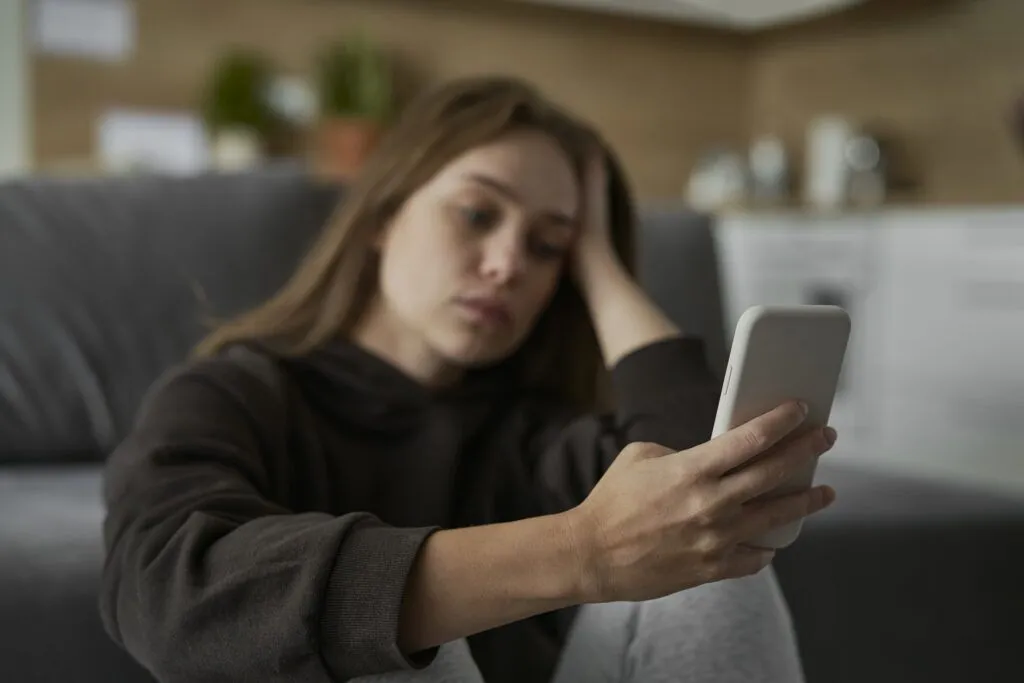In 2025, social media is more than a way to connect—it shapes our perceptions, emotions, and daily choices. While it brings people together across distances, it also fuels comparison, loneliness, and anxiety. Understanding the connection between social media and mental health has never been more important, especially as therapy increasingly intersects with our digital lives.
The Rise of Digital Connection and Emotional Disconnection
Our feeds are full of smiles, achievements, and highlight reels, yet many people silently battle depression and anxiety behind the screens. What looks like a happy moment can often mask deeper struggles. In therapy sessions, clients frequently express feeling “not good enough” after scrolling through seemingly perfect lives. This growing emotional disconnect, intensified by endless online validation loops, can impact self-esteem, sleep quality, and even daily motivation.
Therapists have begun emphasizing awareness of how scrolling behavior influences thought patterns. The “compare and despair” cycle creates distorted self-perceptions, leading to feelings of inadequacy and unhappiness. For many, these are the first invisible signs of social anxiety linked to online interactions.
How Social Media Affects Mental Health
The impact of social media on mental health isn’t inherently negative—it depends on how we use it. When used mindfully, social media fosters community and inspiration. But excessive use, exposure to negativity, and unrealistic portrayals of life can trigger harmful emotional responses.
Research consistently shows that high social media engagement correlates with increased symptoms of depression and anxiety. The need for constant validation through likes, comments, and followers rewires how the brain processes reward. This constant loop makes individuals more vulnerable to emotional burnout, insomnia, and chronic stress.
Therapy often helps individuals identify these triggers, teaching them to set boundaries and rediscover balance. Understanding how social media affects mental health is the first step in breaking free from the grip of digital overstimulation.
The Psychology Behind Online Behavior
Every like or comment activates dopamine, the brain’s “feel-good” neurotransmitter. This reaction keeps users engaged but also conditions them to seek more digital approval. Over time, it can lead to compulsive behaviors, similar to addiction patterns.
This psychological dependency not only affects emotional regulation but also increases social anxiety. Many people feel uncomfortable in real-life interactions because they’ve grown accustomed to expressing themselves through curated content rather than authentic communication. The blurred lines between virtual approval and self-worth can make recovery and self-acceptance more challenging.
Therapists are now addressing these modern challenges, guiding clients to differentiate their true identities from their online personas and promoting self-compassion over social validation.
Why Is Mental Health Important in a Digital Age
In 2025, mental health awareness is essential not just for emotional well-being but for personal and professional stability. The fast-paced online environment can cause cognitive overload, emotional fatigue, and a loss of focus. Recognizing why mental health is important helps individuals maintain clarity amid digital chaos.
Therapy plays a key role in rebuilding this clarity. It encourages mindfulness, self-reflection, and resilience. By setting healthy online boundaries—such as screen-free hours or mindful scrolling—people can reconnect with real-life experiences that nurture emotional balance.
A strong mental health foundation also enhances relationships, productivity, and physical health. It allows individuals to process emotions more effectively, reducing the risk of burnout and stress-related illnesses.
The Dual Nature of Online Support Communities
Social media has become a double-edged sword in mental health care. On one side, it fosters awareness and access to professional help; on the other, it can spread misinformation and unhealthy coping trends. Support communities online can be lifesaving for people seeking connection, especially those who feel isolated. However, relying solely on these platforms without professional guidance can reinforce unhealthy behaviors or comparisons.
Many therapy practices, including Mindful Therapy Solutions, have adapted by offering hybrid approaches that blend in-person and virtual care. This ensures accessibility while maintaining the emotional depth of human connection.
How Therapy Helps in Managing Social Media Effects
Therapy helps individuals understand the effects of social media on mental health by uncovering the root causes behind emotional triggers. Through personalized sessions, clients learn coping techniques, self-regulation, and boundary-setting.
For instance, cognitive-behavioral therapy (CBT) helps reframe negative thoughts triggered by online comparisons. Mindfulness-based therapy guides individuals to stay grounded and reduce overthinking. These practices are especially effective for managing depression and anxiety linked to digital overload.
Therapists also help clients create social media “wellness plans” that focus on conscious usage—such as limiting exposure to harmful content, unfollowing triggering accounts, and engaging with uplifting communities that promote positivity and self-acceptance.
Why Choose Us
At Mindful Therapy Solutions, we understand that mental health challenges evolve with modern lifestyles. Our therapists specialize in addressing the emotional complexities brought by technology and social media. We provide a compassionate, judgment-free space where clients can explore their thoughts, rebuild self-worth, and cultivate resilience.
Our approach is holistic—we combine evidence-based therapies with mindfulness and digital wellness techniques to help clients regain control over their emotional health. Whether you’re dealing with social anxiety, depression, or simply feeling overwhelmed by digital life, our team is dedicated to helping you achieve lasting balance and peace of mind.
Rebuilding Healthy Relationships with Social Media
Therapy encourages individuals to redefine their relationship with social media rather than completely withdraw. The goal isn’t disconnection—it’s mindful connection. Recognizing emotional triggers, limiting exposure to negativity, and focusing on genuine interactions can help transform social media into a tool for inspiration and growth instead of stress.
Setting digital boundaries, such as dedicated screen-free times or days, can restore emotional balance. Using social media intentionally—to learn, share positivity, and connect authentically—helps cultivate healthier mental habits. Over time, this mindful approach improves confidence, emotional stability, and overall well-being.
The Future of Therapy and Online Mental Health in 2025
In 2025, therapy and technology are becoming more interconnected. Teletherapy, mental health apps, and AI-assisted tools are making therapy more accessible than ever. Yet, the importance of human empathy and understanding remains irreplaceable. The key is balance—using technology to enhance care, not replace genuine connection.
Therapists now work closely with clients to integrate digital wellness strategies into treatment plans, helping them navigate both the benefits and risks of online life. As awareness continues to grow, society is beginning to value mental health as much as physical health—a positive shift for future generations.
FAQs
Q. What are the effects of social media on mental health?
A. Social media can trigger feelings of inadequacy, anxiety, and loneliness when used excessively, but mindful use can promote positive connections and learning.
Q. How does therapy help with social media stress?
A. Therapy helps individuals identify emotional triggers, set digital boundaries, and develop healthier coping strategies to manage stress caused by online activity.
Q. Can social media cause depression and anxiety?
A. Yes, overexposure to unrealistic content or constant comparison can lead to depression and anxiety, especially among young adults and teens.
Q. Why is mental health important in the age of social media?
A. Good mental health fosters resilience, emotional balance, and self-awareness, helping people navigate social media without losing confidence or self-worth.
Q. What can I do to protect my mental health online?
A. Limit screen time, engage with positive communities, and seek therapy if you feel overwhelmed or emotionally affected by online interactions.
Conclusion
Social media is here to stay, and its influence on our mental and emotional well-being will continue to evolve. By acknowledging the impact of social media on mental health, we can take proactive steps to protect ourselves from its negative effects while embracing its potential for connection and growth.
Therapy serves as a guiding light in this journey, helping individuals uncover the deeper emotions behind their digital interactions. In the ever-connected world of 2025, balance, mindfulness, and self-awareness are not just therapeutic goals—they’re essential tools for living a healthier, more authentic life.
Contact us today at Mindful Therapy Solutions to begin your journey toward balance, awareness, and emotional wellness.


